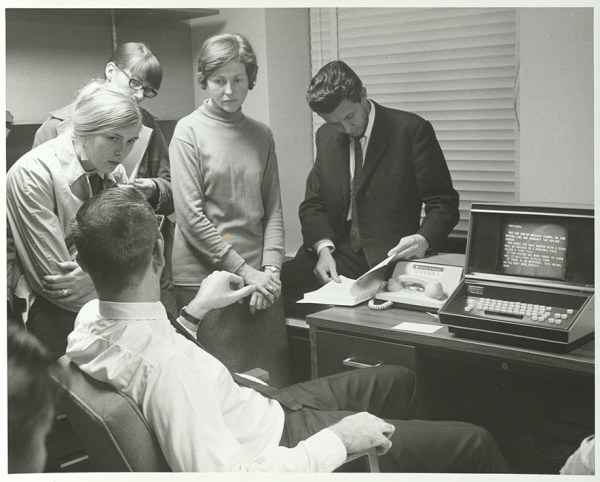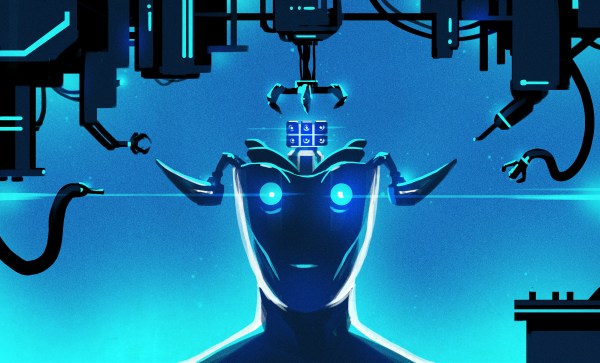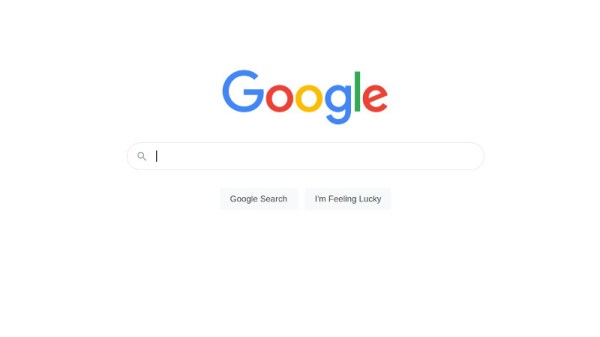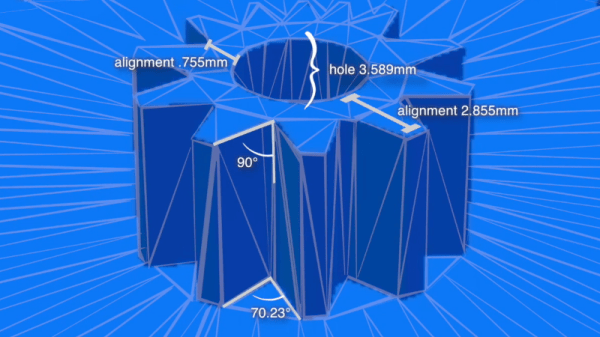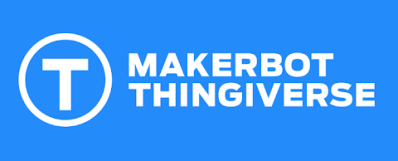Do you have a classic Amiga computer? Do you want to search the web with iBrowse, but keep running into all that pesky modern HTML5 and HTTPS? In that case, [Nihirash] created BoingSearch.com just for you!
BoingSearch was explicitly inspired by [ActionRetro]’s FrogFind search portal, and works similarly in practice. From an end-user perspective, they’re quite similar: both serve as search engines and strip down the websites listed by the search to pure HTML so old browsers can handle it.
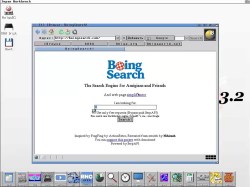
The biggest difference we can see betwixt the two is that FrogFind will link to images while BoingSearch either loads them inline or strips them out entirely, depending on the browser you test with and how the page was formatted to begin with. (Ironically, modern Firefox doesn’t get images from BoingSearch’s page simplifier.) BoingSearch also gives you the option of searching with DuckDuckGo or Google via the SerpAPI, though note that poor [Nihirash] is paying out-of-pocket for google searches.
BoingSearch is explicitly aimed at the iBrowse browser for late-stage Amigas, but should work equally well with any modern browser. Apparently this project only exists because FrogFind went down for a week, and without the distraction of retrocomptuer websurfing, [Nihirash] was able to bash out his own version from scratch in Rust. If you want to self-host or see how they did it, [Nihirash] put the code on GitHub under a donationware license.
If you’re scratching your head why on earth people are still going on about Amiga in 2025, here’s one take on it.




